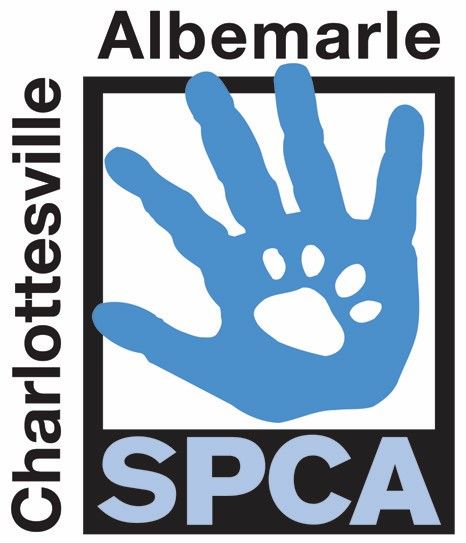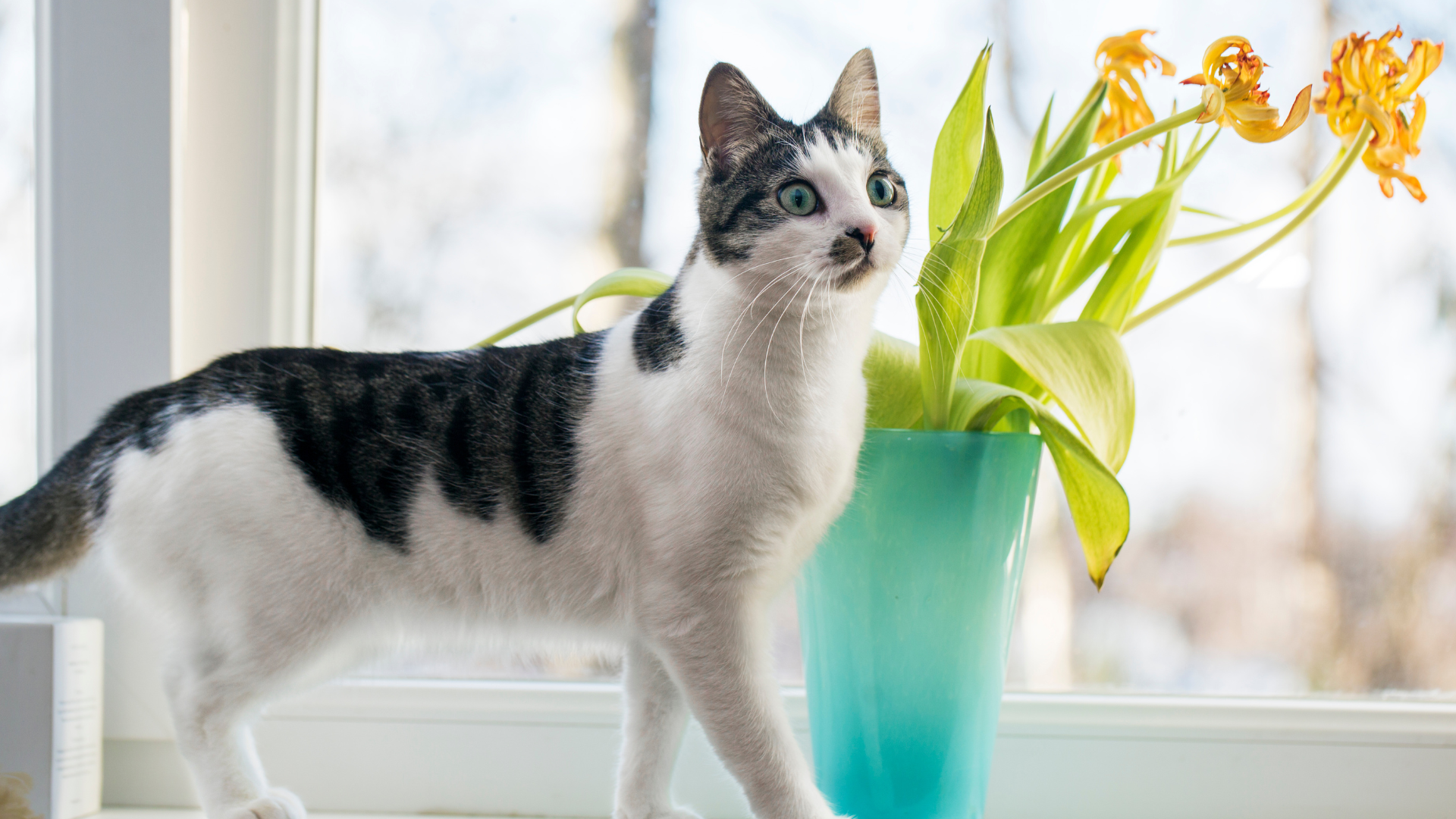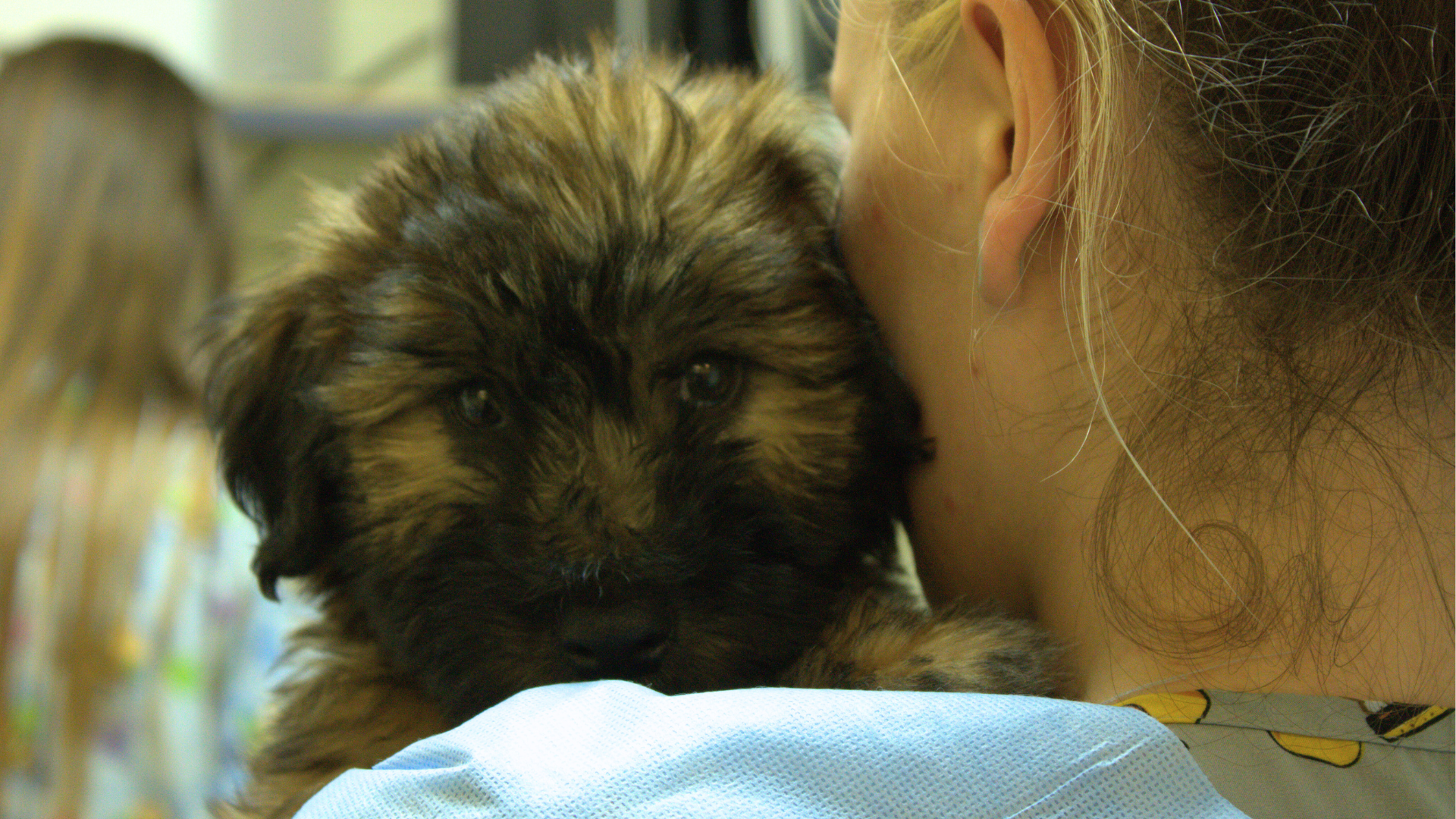Article
The Great Indoors: Protect Your Cat and Local Wildlife by Opting Inside
At the SPCA, our vision is to foster a compassionate community where every animal can thrive – this vision extends beyond pets and their guardians to encompass the rich biodiversity of Central Virginia.
September 4th marks National Wildlife Day, the perfect opportunity to highlight some of the intersections between animal welfare and wildlife conservation.
The Charlottesville-Albemarle SPCA has been serving our community for over 100 years, and at one point served as the only sanctuary for both domestic animals and wildlife in our area. This specialized responsibility has since been taken over by the Wildlife Center of Virginia, est. 1982, and the Rockfish Wildlife Sanctuary, est. 2004. Virginia ranks 10th in the nation for native vertebrate species diversity, making our region a critical hub for wildlife. These organizations work tirelessly to preserve and protect that biodiversity, and as human development continues across the state, it is more imperative than ever to see animal welfare through a lens that includes their efforts.
One impactful step animal lovers can take is to keep pet cats as fully indoor pets. While beloved as companion animals, domestic cats are one of the most significant invasive species in the United States, causing billions of bird and mammal deaths each year. Even if you think your cat doesn’t engage in predatory behavior, science sadly tells us otherwise. In fact, cats only bring their prey back to their home 23% of the time, according to a study conducted by the University of Georgia. Further, outdoor cats live significantly shorter lives compared to their indoor counterparts. By keeping pet cats indoors, we not only protect our local wildlife, but also extend the lifespan of our feline companions, shielding them from threats such as disease, vehicle collisions, and predation. In this way, we create a safer, healthier environment for all creatures, ensuring that Virginia’s natural heritage continues to flourish alongside its human and companion animal constituents.
“Keeping cats indoors is one of the easiest ways any animal lover can help their wild neighbors,” says Sarah Cooperman, the executive director at the Rockfish Wildlife Sanctuary. “We have admitted 40 wildlife patients directly because of a cat attack so far this year, and countless others who were first treated by other facilities due to a cat attack and transferred to us for long term rehabilitative care.”
Any cat-caught animal must be taken to a licensed wildlife rehabilitator, even if it does not appear injured to you. Cats can leave microscopic puncture wounds, invisible to the naked eye, yet deadly to the small animal. The bacteria on their teeth can lead to systemic infection and death very quickly. A licensed rehabber, like those at RWS and WCV, can administer lifesaving antibiotics and treat any other wounds.
“Many outdoor cat owners are worried their beloved best friend won’t be able to have an enriching life indoors, but that isn’t the case,” continues Cooperman. “Providing stimulation for your cat is fun, simple, and strengthens the bond between you both.”
Indoor Enrichment: Ensuring a Happy and Healthy Life for Indoor Cats
While the decision to keep cats indoors is vital for protecting both wildlife and cats, many owners are concerned about the effect of confinement on their cats’ quality of life. With some intentional species-specific enrichment, however, they can live full and fulfilling indoor lives for years longer on average than their outdoor counterparts.
Here are some effective ways to enrich the lives of indoor cats:
- Interactive Toys and Puzzles: Toys that mimic the movement of prey, such as feather wands or laser pointers, can engage your cat’s hunting instincts. Puzzle feeders can also stimulate their minds and encourage natural foraging behavior. A few minutes of interactive play each day can effectively simulate a hunt and satisfy your house-panther’s predatory instincts. There are even a variety of motorized toys available that animate themselves, making it even easier to get your cat pouncing.
- Cat Trees and Scratching Posts: Vertical spaces, like cat trees, give cats a sense of security and a place to climb, scratch, and observe their surroundings. Scratching posts are essential for maintaining their claws, and reduce the likelihood of unwanted scratching on furniture.
- Window Perches: A window perch or cat hammock placed near a window can provide hours of entertainment as your cat watches birds, squirrels, and the outdoor world. Planting native species that attract pollinators and birds outside the window can further enhance this experience, creating a dynamic “cat TV.”
- Rotation of Toys: Regularly rotating your cat’s toys keeps their environment fresh and exciting. Introducing new textures, sounds, and smells can spark curiosity and prevent boredom. Grab two baskets, separate your cat’s toys between them both, and put one in a cabinet. Continue swapping them out weekly to keep your cat on their toes!
A Community Effort for a Brighter Future
Protecting Virginia’s wildlife while ensuring the well-being of our pets is a shared responsibility that benefits everyone. By keeping cats indoors and providing them with enriching environments, we help maintain the delicate balance between human development and nature. Our actions today will shape the future of Central Virginia’s biodiversity, ensuring that our community remains a vibrant home for all its inhabitants—domestic and wild alike.
Join Us in Protecting Our Local Wildlife
At the SPCA, we’re committed to fostering a compassionate community that prioritizes the well-being of all animals. We encourage pet owners to consider the profound impact of their choices on both their pets and the surrounding environment. Together, we can create a safer, healthier world for our feline friends and the wildlife that makes Central Virginia so unique.
Ready to Learn More?
Visit the Rockfish Wildlife Sanctuary and the Wildlife Center of Virginia's websites to learn more about their efforts to preserve the rich biodiversity of Central Virginia!
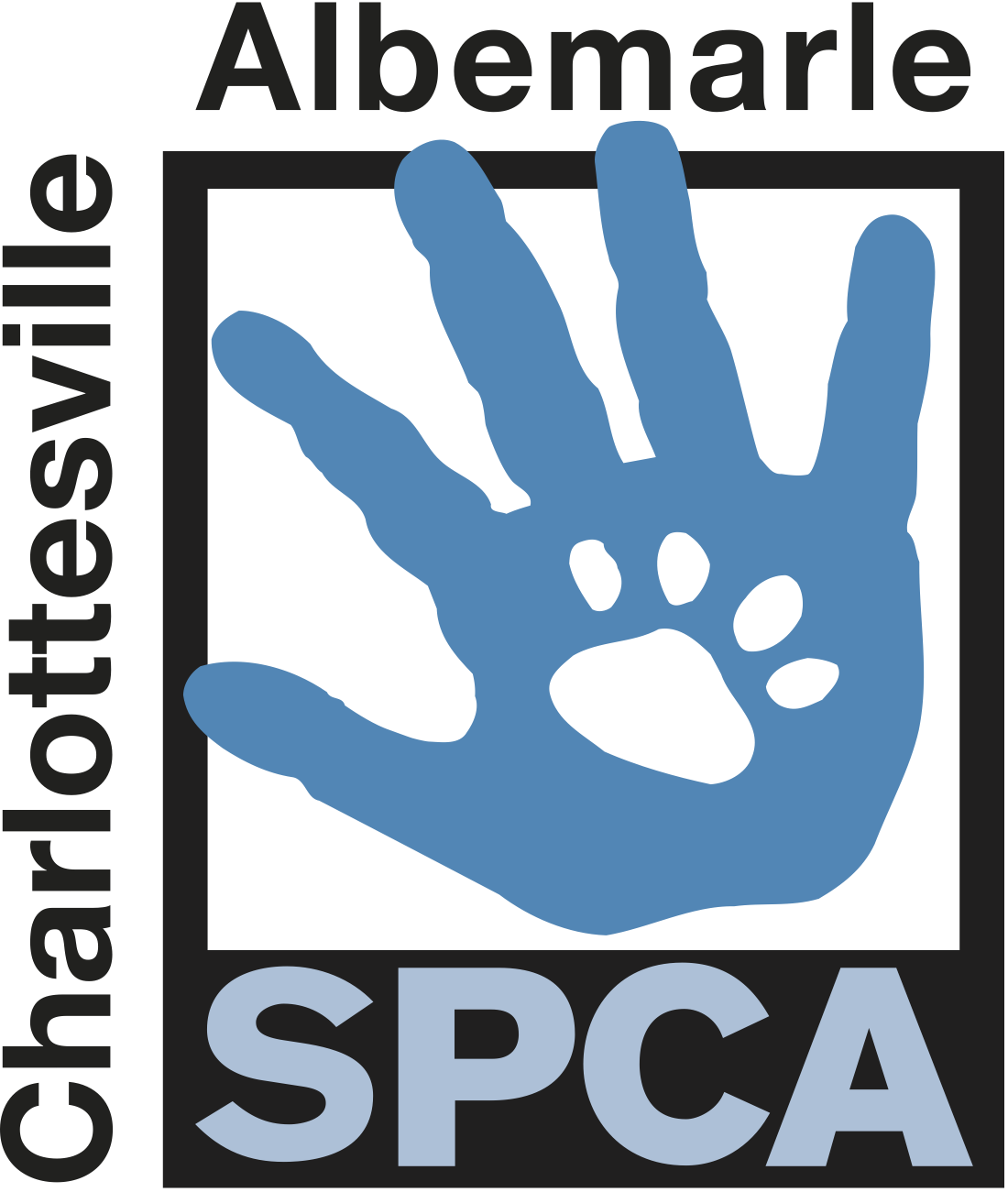
The Charlottesville-Albemarle SPCA is a non-profit animal shelter and community resource center located at 3355 Berkmar Drive in Charlottesville, Virginia. Established in 1914, CASPCA is proud to have served our community and their animals for over 100 years.
Related Articles
Related Articles
STAY UP TO DATE
GET CASPCA'S LATEST
Receive updates, success stories, and get a heads up on upcoming events!
Contact Us
We will get back to you as soon as possible.
Please try again later.
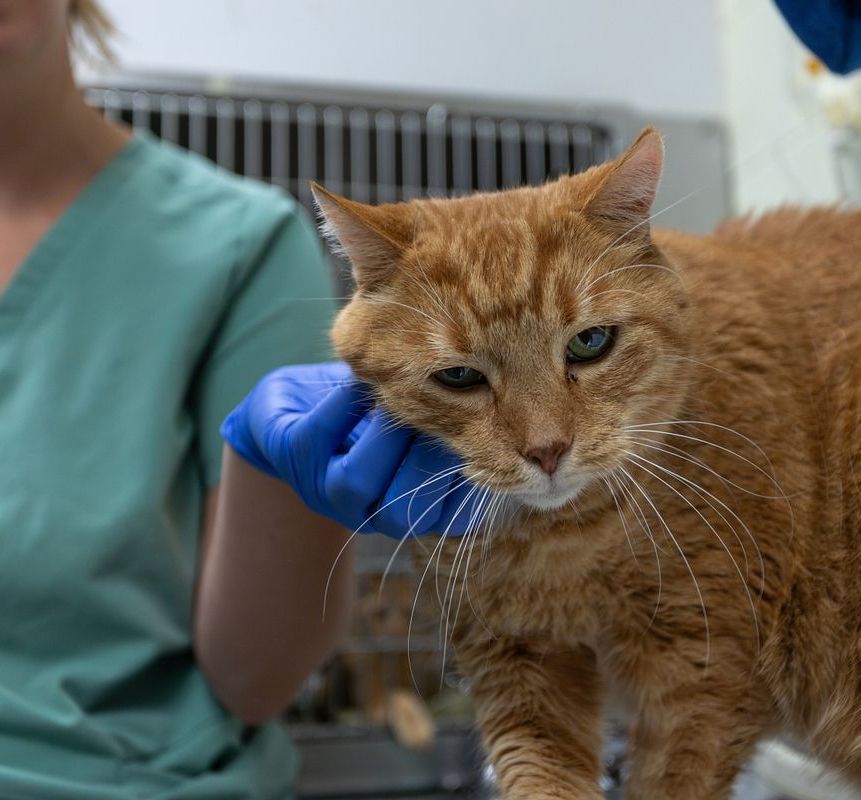
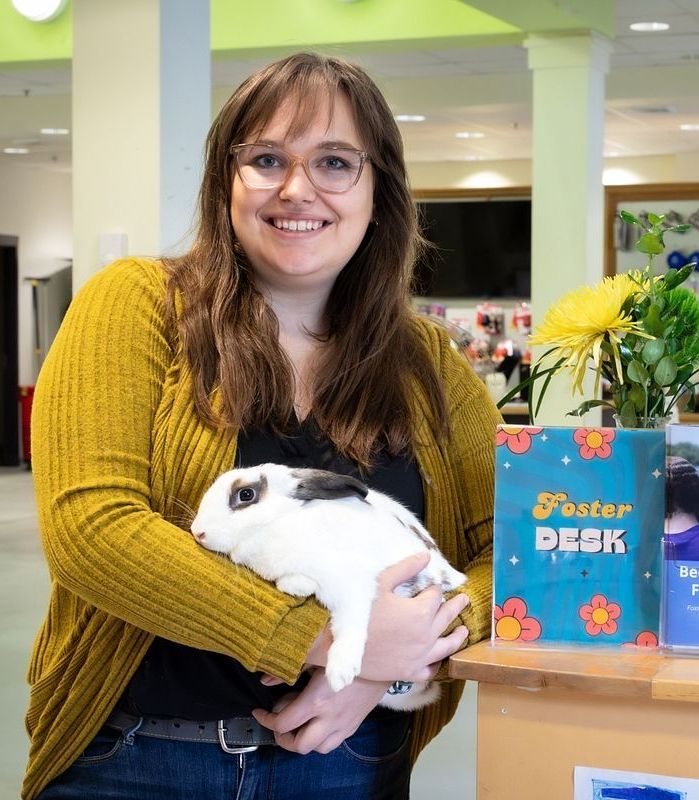
Quick Links:
ADOPTION HOURS:
Daily: 12:00pm - 6:00pm
Charlottesville-Albemarle SPCA. This institution is an equal opportunity provider. | Web Design by Thrive Marketing | Privacy Policy
